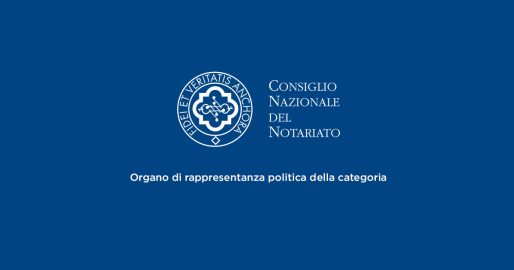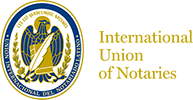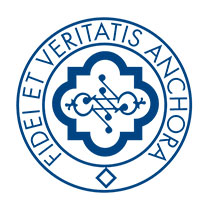Fondazione MAGIS – The Italian Jesuit Movement and Action for Development [MAGIS is the Italian acronym], formed in 1988, works in the service of the faith and for the promotion of justice through the integral development of the most disadvantaged peoples, through the promotion of inter-cultural and inter-religious dialogue. MAGIS bears a name which in the tradition of St. Ignatius demonstrates one way to proceed: to be constantly driven to discover, redefine and reach the magis (more, ever more) by meeting new challenges and seizing new opportunities.
LAV – Since 1997 the Anti-Vivisection League [LAV] has been fighting to uphold the rights of animals by promoting laws, awareness campaigns and information for citizens, teaching and educational projects aimed at children and schools and the development of a network of relationships and collaborations with institutions and other organisations, to help make the earth a better place for all.
LIFC – Since its foundation, the Italian Cystic Fibrosis League [LIFC] has taken upon itself to oversee all aspects of the life of patients and their families, from the quality of care to the quality of life, from social protection to research into a curative therapy for the 15,000 people affected by this genetic disorder (approximately 4,500 patients and their family members) .
Lega Italiana Sclerosi Sistemica [Italian Systemic Sclerosis League] – This Association, founded in 2010, promotes campaigns to give visibility to a disease that is too often underestimated but is severely debilitating, not only physically but also on the relational and social level. It makes public opinion aware of the need to recognise patients’ rights and dignity. It educates family members and friends as to personal and family management of the illness.
LILT – Sezione Provinciale di Trento – The Italian League for the Fight Against Cancer, through its 106 Provincial Branches, has as its primary institutional task the prevention of cancer. LILT’s commitment to the fight against cancer can be seen on three main fronts: primary prevention (lifestyles and habits), secondary prevention (promotion of a culture of early diagnosis) and attention to the patient, his family, rehabilitation and social reintegration.
Medici con l’Africa – CUAMM – Set up in 1950 with the aim of training doctors for developing countries, Doctors with Africa over the years has chosen to operate specifically in Africa, where it is now present in seven countries. It works for respect for the fundamental human right to health and to make access to health care services available to all, even to groups of people who live in the most remote and marginal areas.
MSF – Doctors Without Borders is the largest independent medical humanitarian organisation in the world. It was created by doctors and journalists in France in 1971. Today it provides humanitarian aid in more than 60 countries to people whose survival is threatened by wars, epidemics, malnutrition, natural disasters or exclusion from health care. In 1999 it received the Nobel Peace Prize.
SOS Villaggi dei Bambini [SOS Children’s Villages] – This is an international organisation that has been engaged for more than 60 years in caring for children without parental care or temporarily removed from their families. In Italy and 132 other countries around the world it promotes programs for the prevention of abandonment and the strengthening of family ties.
UNHCR – In 1950 the General Assembly of the United Nations established the Office of the UN High Commissioner for Refugees (UNHCR) with the worldwide task of providing and coordinating international protection and material assistance to refugees and to other categories of persons under its jurisdiction, by engaging in the search for durable solutions to their plight.
UNICEF Fund – the Italian Committee – For over 65 years UNICEF has been the world’s leading organisation committed to saving the lives of boys and girls, and to affirming their right to grow up healthy, get an education, be protected from violence and abuse and participate actively in their communities. It cooperates with governments, local communities and civil society.






